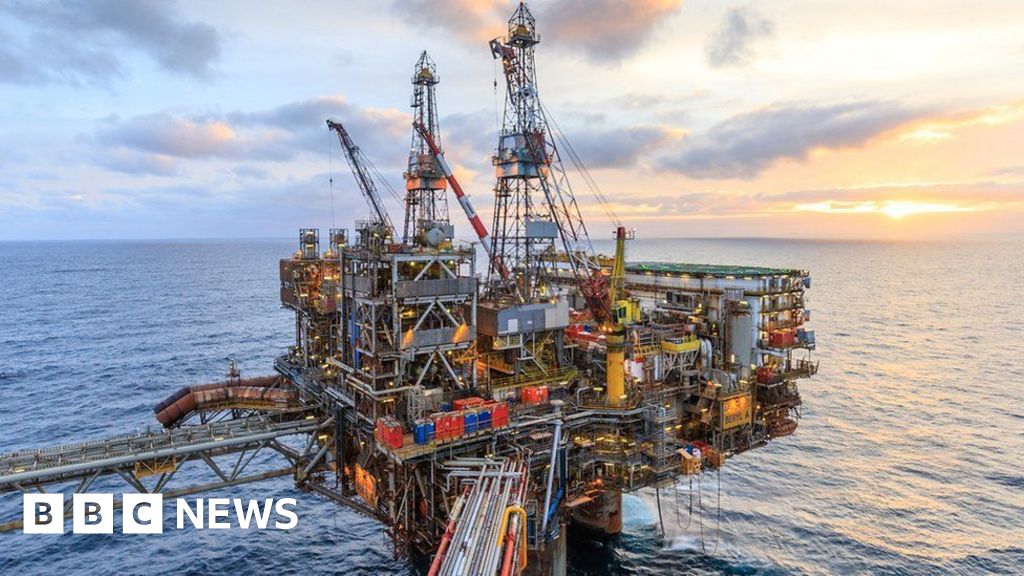Bussiness
Oil firm Apache blames windfall tax for North Sea pull-out

 Apache
ApacheA US oil firm has said it will end all its operations in the North Sea by the end of 2029, blaming the impact of the windfall tax.
Apache said recent confirmation in the Budget that the windfall tax on oil and gas firm profits would rise and be extended to 2030 had made production uneconomic.
The Texas-based firm took control of the Forties field, east of Fraserburgh, in 2003 but suspended all new drilling activity last year.
The UK government said it wanted to make the UK a “clean energy superpower” and it was asking the oil and gas sector to contribute more to that transition.
The Energy Profits Levy (EPL) – the official name for the windfall tax – is a levy on profits made from extracting UK oil and gas.
It was introduced in May 2022 after energy firms recorded bumper profits due to the rise in energy prices.
Then Chancellor Rishi Sunak said the money raised would support households facing rising energy bills.
Initially set at 25% and due to expire in 2025, the Conservatives later raised it to 35% and said it would last until March 2029.
In the recent Budget, Labour raised the levy to 38% – meaning the total tax rate on the companies is now 78% – and extended it by a further year.
An Apache spokesperson said: “The onerous financial impact of the EPL, combined with the substantial investment that will be necessary to comply with regulatory requirements, makes production of hydrocarbons beyond 2029 uneconomic.
“Looking forward, our focus will be on maintaining asset safety and integrity as we prepare for the responsible decommissioning of our assets.”
Clean energy
Industry body Offshore Energies UK (OEUK) has previously said that raising the windfall tax would reduce investment in the oil and gas sector, putting thousands of jobs at risk.
The UK government said the transition to cleaner energy would create thousands of new jobs, and pointed to its decision to set up Great British Energy.
The publicly-owned company headquartered in Aberdeen will work with the private sector in developing clean energy projects.
A spokesperson said: “We are committed to making the UK a clean energy superpower, with both public and private investment required to support the transition, enhance energy security, and provide sustainable jobs of the future.
“To that end we secured £24bn for green industries at the International Investment Summit and have made changes to the Energy Profits Levy that recognise the oil and gas sector’s role in the UK’s energy mix while asking it to contribute more to the transition – helping to fund GB Energy based in Aberdeen.”










